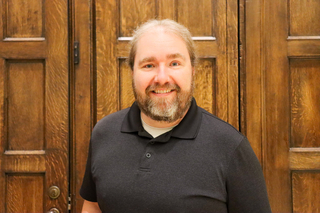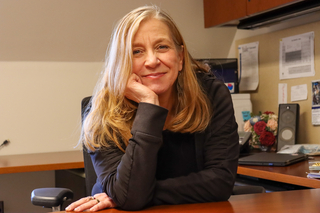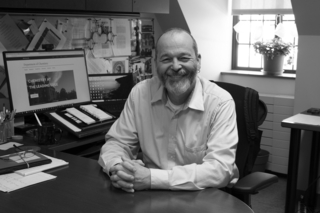Christine DiMeglio
Christine DiMeglio, senior lecturer in chemistry, has been a member of the department and the American Chemical Society since 1993.
She received a Bachelor of Science degree in chemistry from the University of Massachusetts, Lowell, in 1985. She received her Doctor of Philosophy degree in physical organic chemistry in 1990 from the University of Vermont, where she studied under Dr. C. Hackett Bushweller. As a postdoctoral researcher, she studied conformational analysis of drugs of abuse by nuclear magnetic resonance spectrometry methods alongside Dr. Alexandros Makriyannis at the University of Connecticut.
DiMeglio’s teaching schedule is full. She teaches organic chemistry lecture and lab, advanced chemistry lab, and chemistry seminar, in addition to advising undergraduate students.
When she’s not teaching, she participates in professional service activities. She has served as a faculty advisor to DEMOS, bringing science education to local elementary children, and participated in the University Committee on Teaching, Learning, and Advising. As a university fellow and advisor for Benjamin Franklin College, she advises first-year students and participates in networking activities. She also serves as an advisor for first-generation low-income students through the Yale Chapter of QuestBridge.
DiMeglio has been a member of the National Federation of the Blind since 1998. With a knowledge of disability accommodations, she is adept at working with students to utilize the accommodations to which they are entitled.
During her tenure, she’s taken advantage of numerous opportunities for professional development, such as the Yale Poorvu Center for Teaching and Learning’s Course (Re)Design Institute summer program and Racism in STEM workshop. In addition, she’s developed laboratory videos, including 19 laboratory experiments and a safety video.


